 It's not that I want to do it. It's that I have to do it. 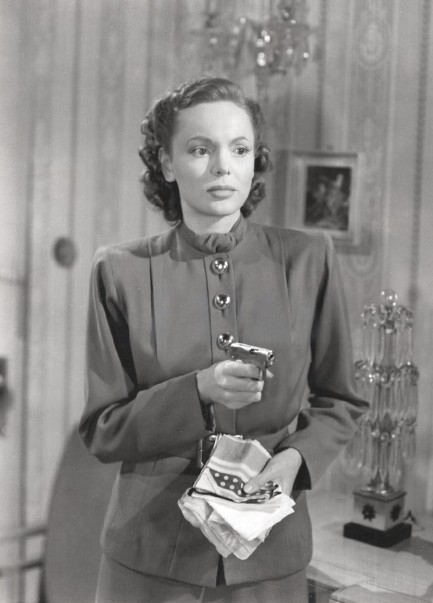
Above is a photo of American actress Nancy Coleman made for her 1947 thriller Violence. She starred in the film with Michael O'Shea, but it was her vehicle all the way, as she plays a reporter out to expose a fascist group called United Defenders that uses populist and militaristic propaganda to fill its ranks with veterans. Coleman had a pretty nice career, appearing in such films as Dangerously They Live, Edge of Darkness, and Mourning Becomes Electra before making the usual transition into television roles. We'll probably revisit the subject of Violence, so you may see Coleman here later.
 You have the right to remain dead! 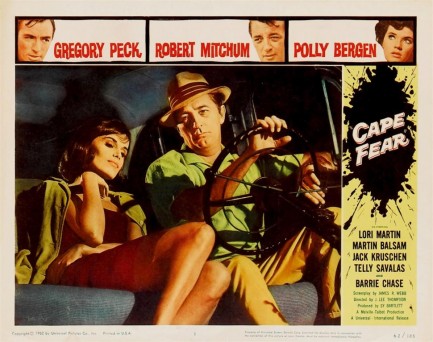
Director J. Lee Thompson’s Cape Fear, for which you see a rare lobby card above, isn’t just a great film. Embedded in its tale of an ex-convict terrorizing a family is an examination of American attitudes toward civil liberties. And if we contrast Cape Fear with modern thrillers like Edge of Darkness or Taken, what we begin to ask is whether America has crested the hill of its own belief in high principles and is now steadily rolling down the other side. Where Cape Fear presents the legal concept of due process as inviolable, and builds tension by asking if star Gregory Peck will resort to vigilantism to protect his family from a murderous Robert Mitchum, in Liam Neeson’s Taken, the hero intentionally shoots his friend’s wife in the arm with no more worry than stepping on a bug, and zero moral hesitation at making an innocent woman collateral damage in his holy war against the villains. Of course, movies are not real life. But they can be a reflection of it, and Cape Fear shows just how much attitudes toward legal protections may have changed in America in the last fifty years. We strongly recommend this film—as both entertainment and a historical study. It opened in the U.S. today in 1962. 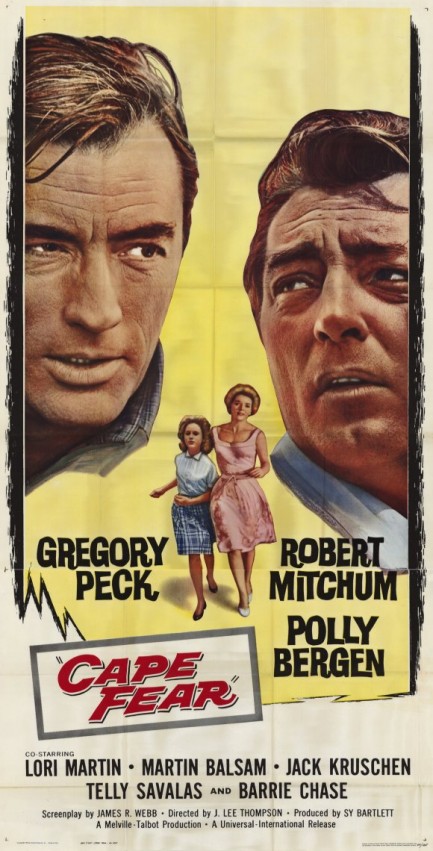 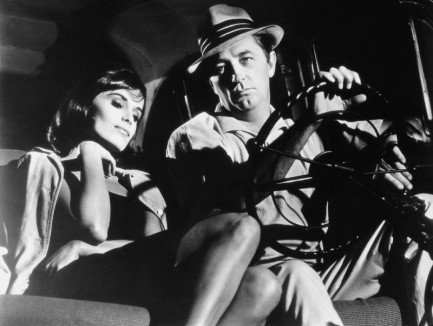 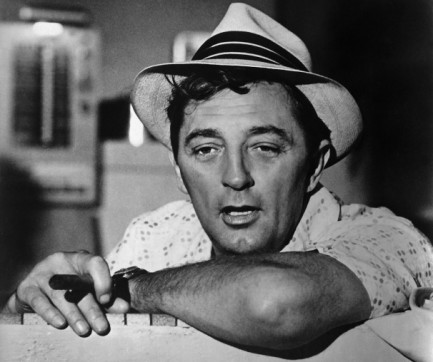 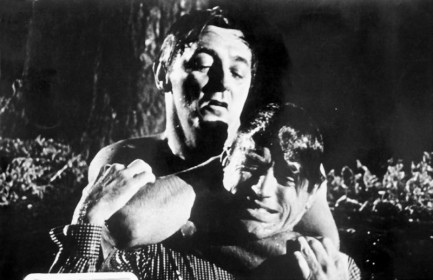
|
 |

The headlines that mattered yesteryear.
1939—Batman Debuts
In Detective Comics #27, DC Comics publishes its second major superhero, Batman, who becomes one of the most popular comic book characters of all time, and then a popular camp television series starring Adam West, and lastly a multi-million dollar movie franchise starring Michael Keaton, then George Clooney, and finally Christian Bale. 1953—Crick and Watson Publish DNA Results
British scientists James D Watson and Francis Crick publish an article detailing their discovery of the existence and structure of deoxyribonucleic acid, or DNA, in Nature magazine. Their findings answer one of the oldest and most fundamental questions of biology, that of how living things reproduce themselves. 1967—First Space Program Casualty Occurs
Soviet cosmonaut Vladimir Komarov dies in Soyuz 1 when, during re-entry into Earth's atmosphere after more than ten successful orbits, the capsule's main parachute fails to deploy properly, and the backup chute becomes entangled in the first. The capsule's descent is slowed, but it still hits the ground at about 90 mph, at which point it bursts into flames. Komarov is the first human to die during a space mission. 1986—Otto Preminger Dies
Austro–Hungarian film director Otto Preminger, who directed such eternal classics as Laura, Anatomy of a Murder, Carmen Jones, The Man with the Golden Arm, and Stalag 17, and for his efforts earned a star on Hollywood's Walk of Fame, dies in New York City, aged 80, from cancer and Alzheimer's disease. 1998—James Earl Ray Dies
The convicted assassin of American civil rights leader Martin Luther King, Jr., petty criminal James Earl Ray, dies in prison of hepatitis aged 70, protesting his innocence as he had for decades. Members of the King family who supported Ray's fight to clear his name believed the U.S. Government had been involved in Dr. King's killing, but with Ray's death such questions became moot.
|

|
|

It's easy. We have an uploader that makes it a snap. Use it to submit your art, text, header, and subhead. Your post can be funny, serious, or anything in between, as long as it's vintage pulp. You'll get a byline and experience the fleeting pride of free authorship. We'll edit your post for typos, but the rest is up to you. Click here to give us your best shot.

|
|












































































